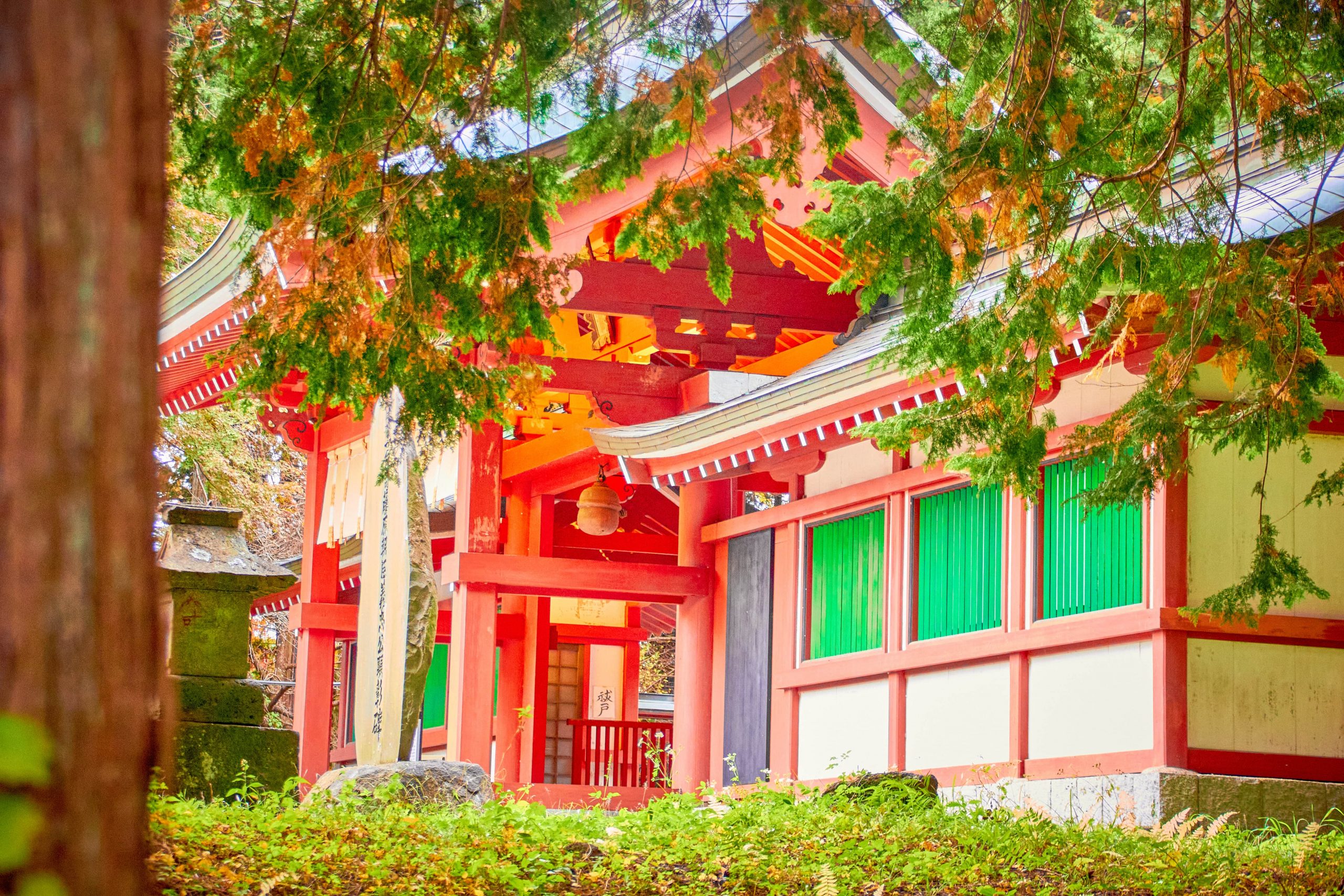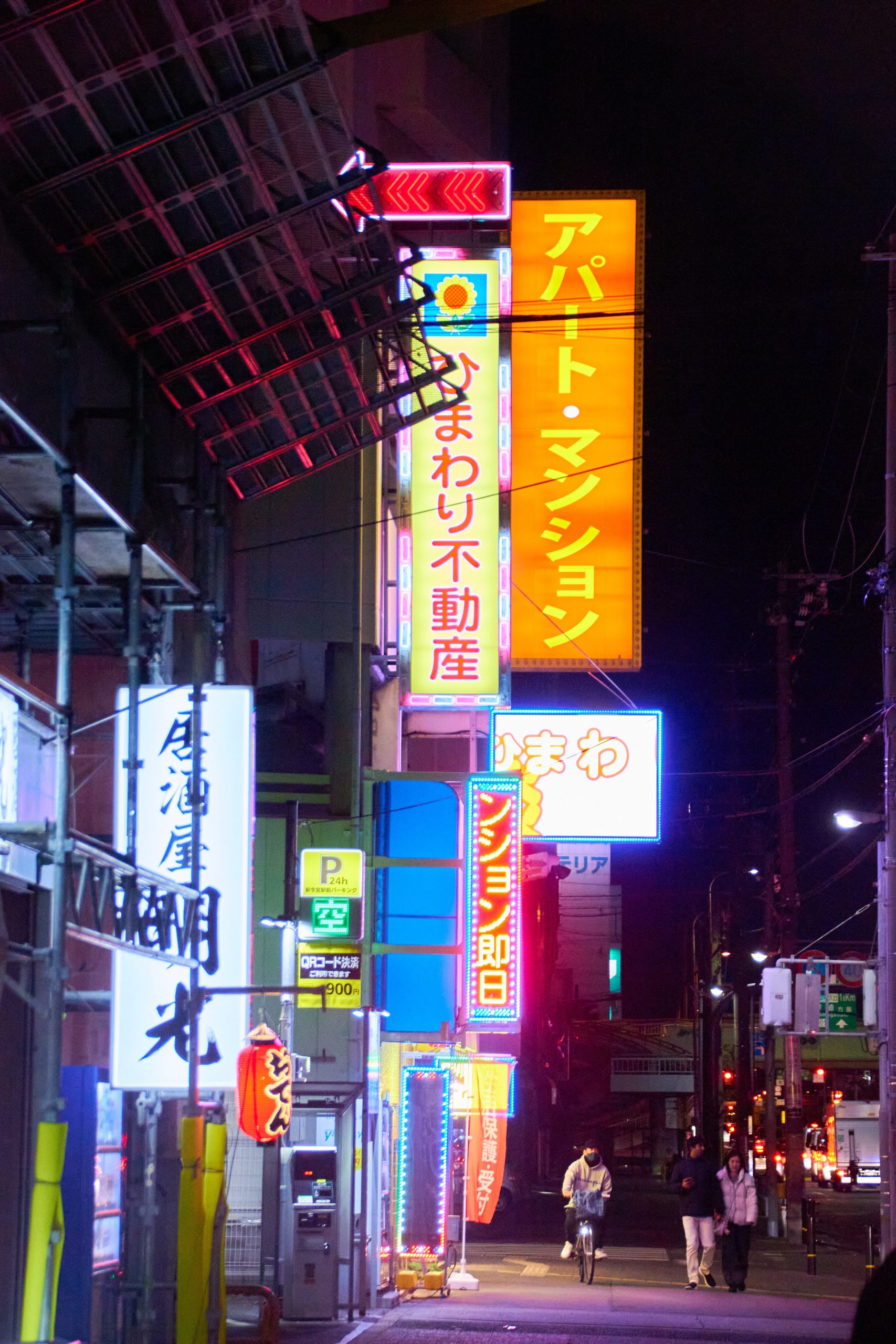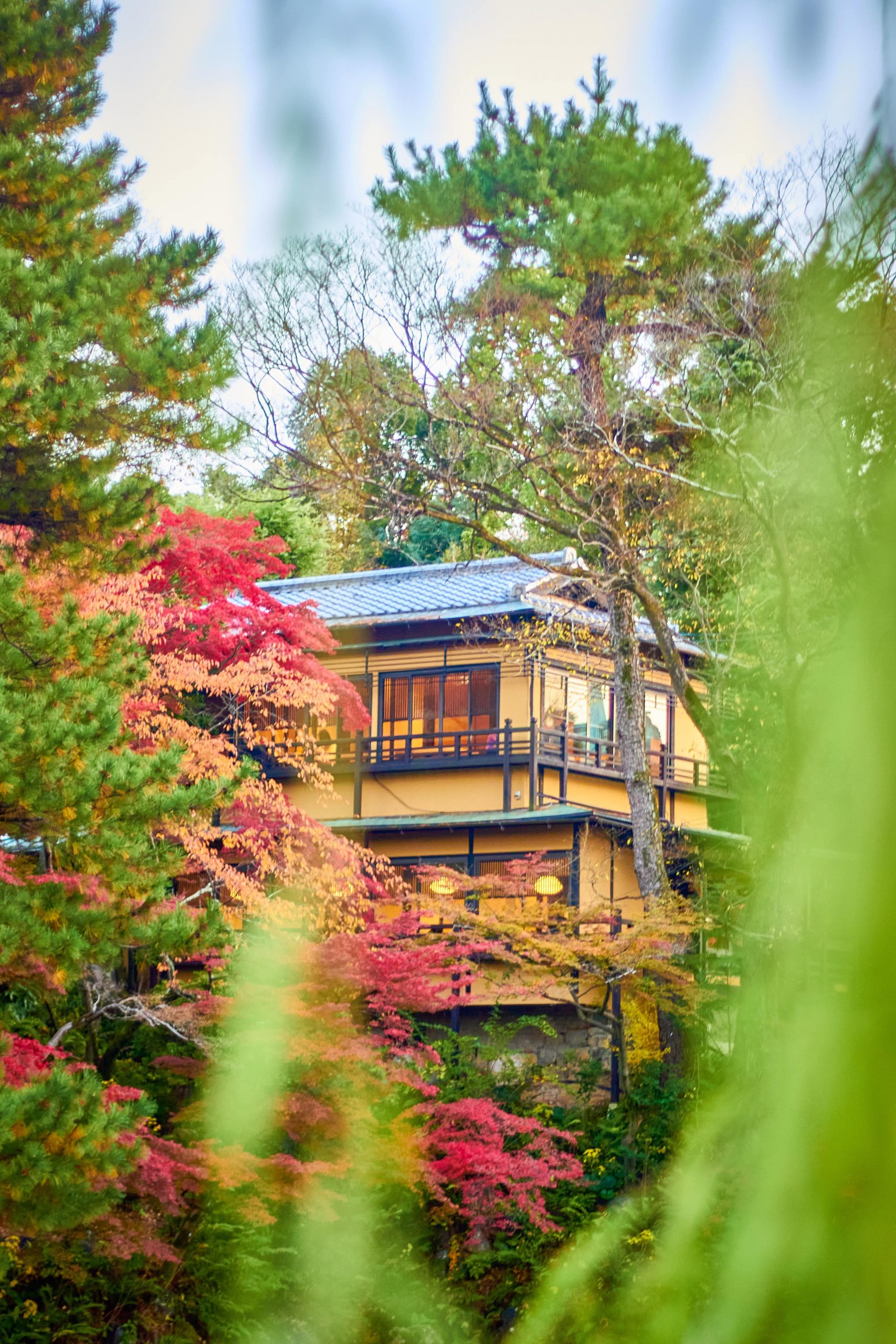So much is said about Japan. It is one of the most talked about and travelled to places in the world, and you’ll seldom find someone who doesn’t either dream of going, or has had the pleasure to travel there at some point. Ahead of the year abroad, it continually surprised me how exceptionally people viewed the prospect of me doing a year there- I think despite how globalised and somewhat homogenised the world is, Japan, to many can still feel and be perceived with some mysticism. It still retains some aspect of being insular, still cut off from the world. But all of these things simply made me want to do my year abroad here even more.
It is hard to properly encapsulate just how special of a place Japan is to live and study in. At base, the level of convenience you get in every bit of living here is pretty unparalleled. In my own local spot alone, over 30 minutes out of the main body of Tokyo, I have at least 3 convenience stores close by, a whole department store around the corner, a relatively limitless selection of restaurants and bars, banks, dentists, clinics, and all completely walkable. A train can take me to Shibuya, right in the heart of Tokyo, within 30 minutes, 20 minutes if I am on an express train, as Tokyo’s metro operates with multiple different service types, which sync up at stations to allow seamless transitions. Everything. Simply. Works. It becomes something that is simply forgotten- I forget that there even is this convenience because it feels so… normal. Wherever you go, things are simply on-hand, walkable and plentiful. Even when going to rural areas where in the UK you would be miles from the nearest amenity- in Japan the basics will follow you far. You live in this environment for a period, thinking it’ll be so starkly different and difficult to get to grips with, but so much of just comes with complete ease. These are just the most physical aspects of the daily life here however, and this is not to just assert that every aspect of Japanese life simply comes immediately and feels natural. There is a glue that holds a lot of this living together, however. And this is the language.
Only around less than 30% of Japan’s population can say it speaks English at any level. Most Japanese themselves do not possess a passport nor do they commonly travel beyond their country, and this fact can translate to a lot of facets of living in Japan as a foreigner. Put simply, some level of Japanese is absolutely essential, you will not get by without any. Japan is unlike so many countries in the way that as native English speakers, we cannot expect this alone to be an easy pass in many European and other Asian countries, Japan being 15th in just Asia for English proficiency. Being in Japan has definitely brought to light something that can often be omitted when staying in other countries, for example Sweden, Germany, or even doing an exchange in the US- expecting your language to be spoken in other countries is an incredibly ingrained level of entitlement. I had already come in knowing a good bit of Japanese, and have steadily improved here and there with the language, and it has been absolutely invaluable in virtually all situations. It completely changes the landscape of the experience here as a student and gives you the ability to socialise, connect and have fun in a wholly complete context. I can go into a local bar with friends, sit down and just socialise with native Japanese clientele around me- it gives more ability to have the full experience of Japan and make connections that I feel many students out here can often lack in their time here. I thank my language ability for the amazing nights I have had having great talks and fun moments with local Japanese people, in not only Tokyo but Kyoto, Nara, Osaka and even Okinawa. Particularly when going further away from Tokyo this linguistic element becomes that bit more important. Knowing the language also has huge importance for how Japanese people view us as foreigners, both individually and representatively- when you demonstrate you have put that effort into learning what is an incredibly difficult language, they hugely appreciate it. It becomes a strong litmus test for whether you can truly assimilate, and actually be regarded as ‘Japanese’ by natives. It means a huge amount to them, as it should in virtually every country you would live in as a foreigner, but especially in Japan.
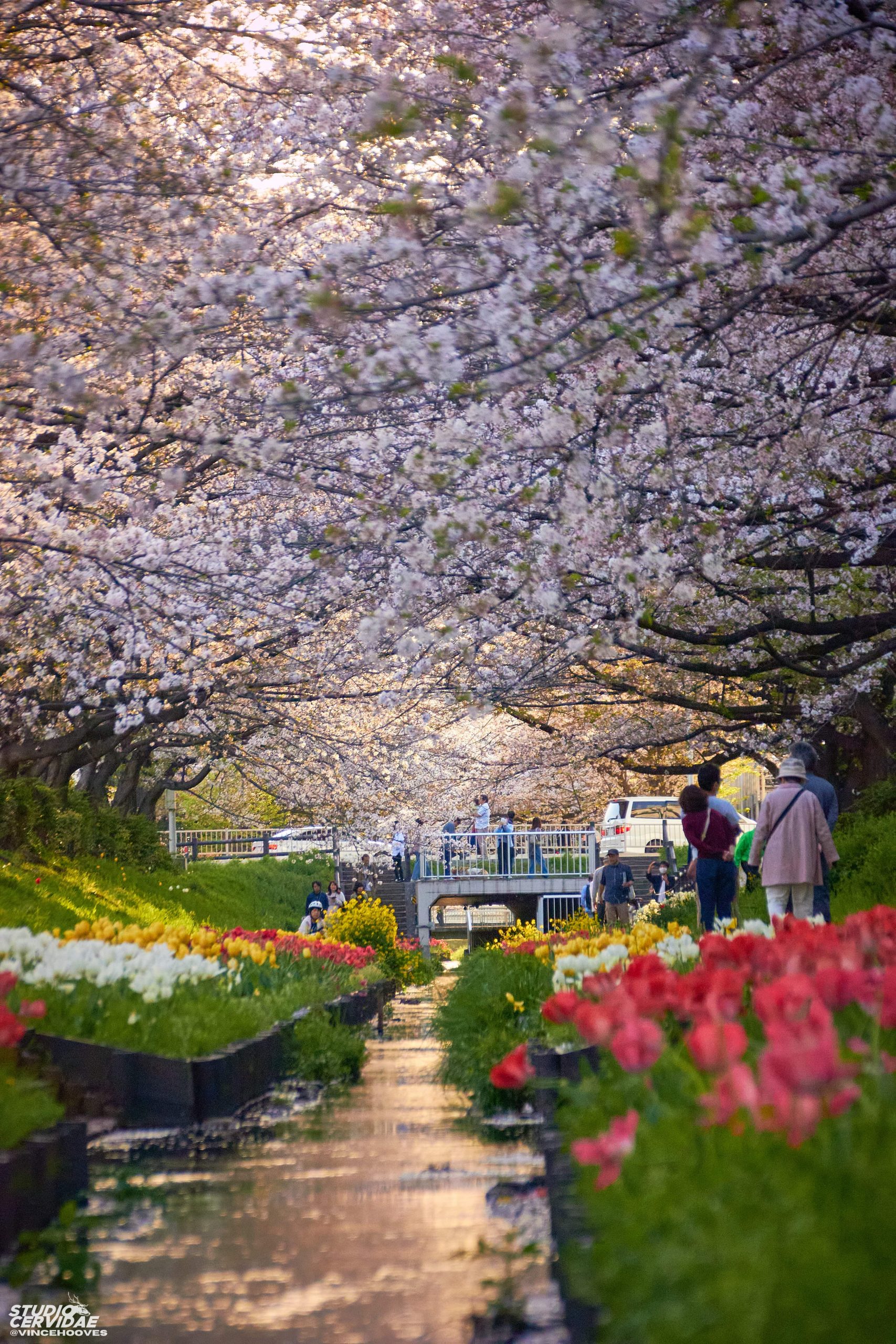
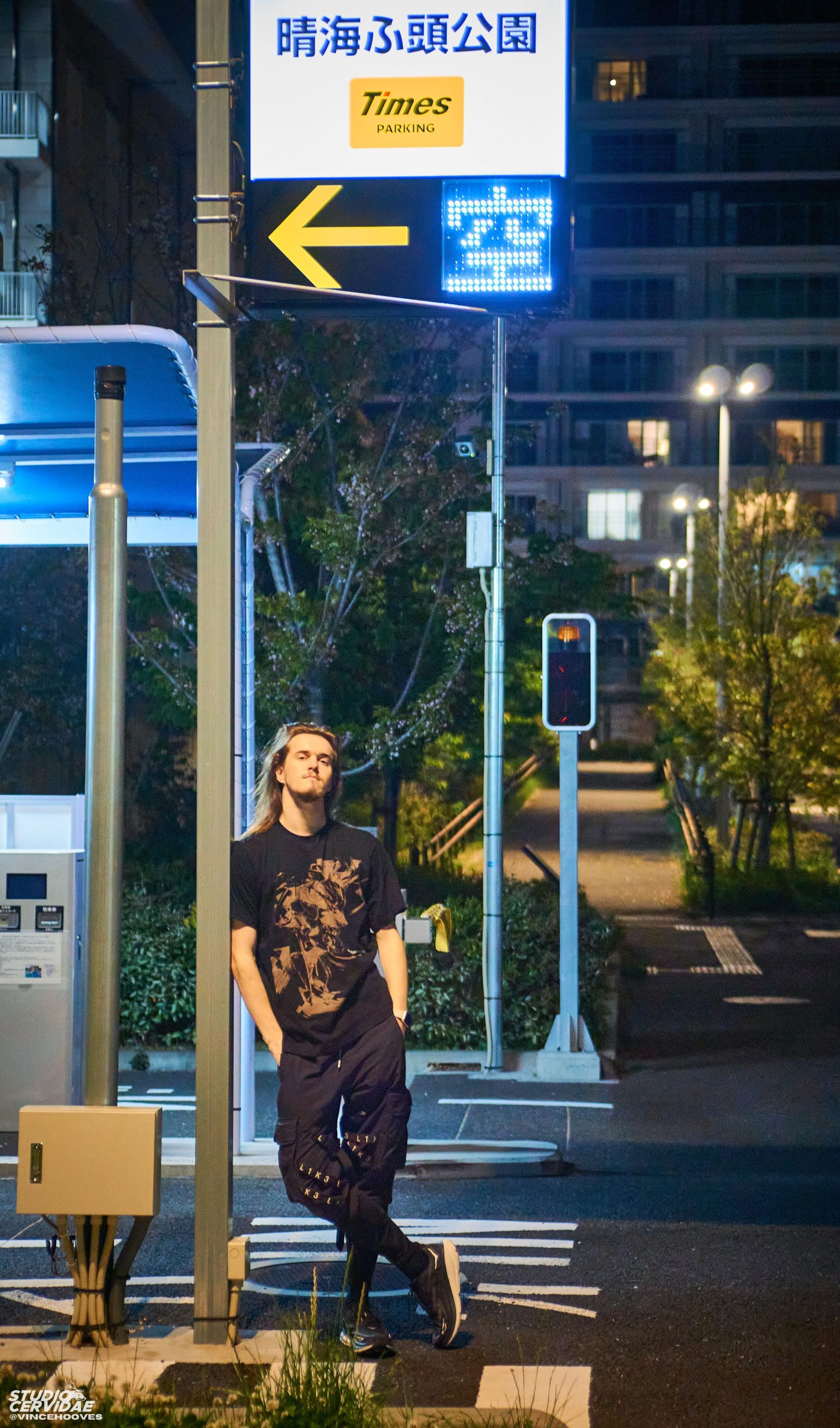
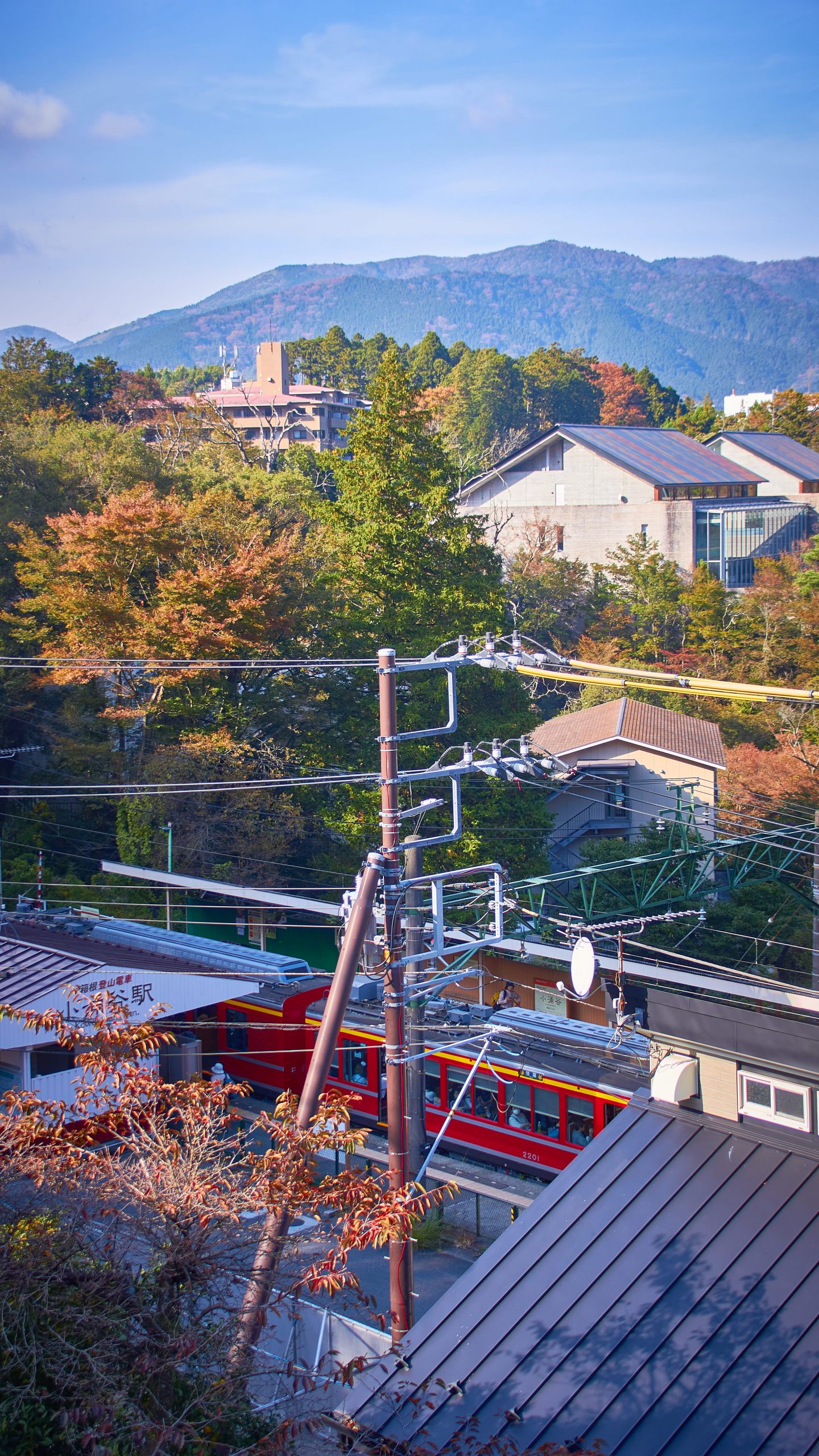
Whilst being out in Japan I have definitely developed some personal favourite places to go, which I have made returns to on multiple occasions, perhaps the most important of these being Nara, Hakone and Enoshima. Nara stands above the other, having visited it around… 5 times during my trip. Its quiet and relatively unassuming demeanour attracts me somewhat- its a nice escape from the craziness that neighbouring Kyoto and Osaka can provide in their own ways, and most of all- it has its complex of deer parks and gorgeous temples. I have genuinely fallen in love with these deers here- having always been special animals to me for a wide variety of reasons, being around them, feeding them and having watched them go through their annual cycle of growing and shedding their antlers, mating and more, I feel they’ve really left some imprint on me. I’ve got more photos of them than perhaps any other one single thing in Japan, and a lot of deer-related items to boot. So many tourists don’t appreciate their friendliness and comfort around humans properly- many run away scared when 3 or 4 begin to close in on them, spotting the senbei crackers that they bought… for the *sole* purpose of feeding them with- and generally people don’t interact with them as you should for what still are at their core, wild animals, despite how acclimatised they are to humans. Another nice part of Nara that is mirrored in some of my other favourite spots throughout my travels is the large hill behind the parks, home to a handful of temples with spectacular views, and gorgeous, quiet temple grounds to explore. What the hills do is hugely cut down on the number of people traversing their way up to the top- part of a wider trend that, at a given temple or historical spot, the higher you go, the better the experience will be for you. Another great example of this was Mt Sengen, near Fuji, which I have attached a photo of below. Toward the foot of the mountain, there are a fairly long set of built steps, which for some is already too much, which lead to a particularly famous temple spot. This spot is where the vast majority of people call it quits. But when I was there with my mum, we saw there was obviously a mountain to climb ahead, and continued on along the trail that lead further and further up. By that point, we were the only people going that far, despite it being a very manageable incline, in great weather, and only around 30 mins-1hr in length. We were treated at the top, with an insane view of the surrounding rural valley below, and ahead of us, past the town of Fujiyoshida, Mount Fuji, just peeking out behind some cloud cover. This reinforces a fairly universal idea for when you are living in, or even just visiting another country, that the further out you go, and the more secluded and quiet spots you visit, the more authentic and powerful the experience can be, and I have naturally leaned towards this throughout my year in Japan. This goes for all things- looking for only the bars that locals frequent in areas that are more out of the way, doing cherry blossom viewings in much more quiet and local areas to me rather than popular spots, and looking for the more original and small versions of some bigger areas, like Nakano as opposed to Akihabara, or Shimo-Kitazawa as opposed to Harajuku. These small choices in daily or weekly life can go such a long way to make me feel more part of what I am living in, like a resident not as a guest.
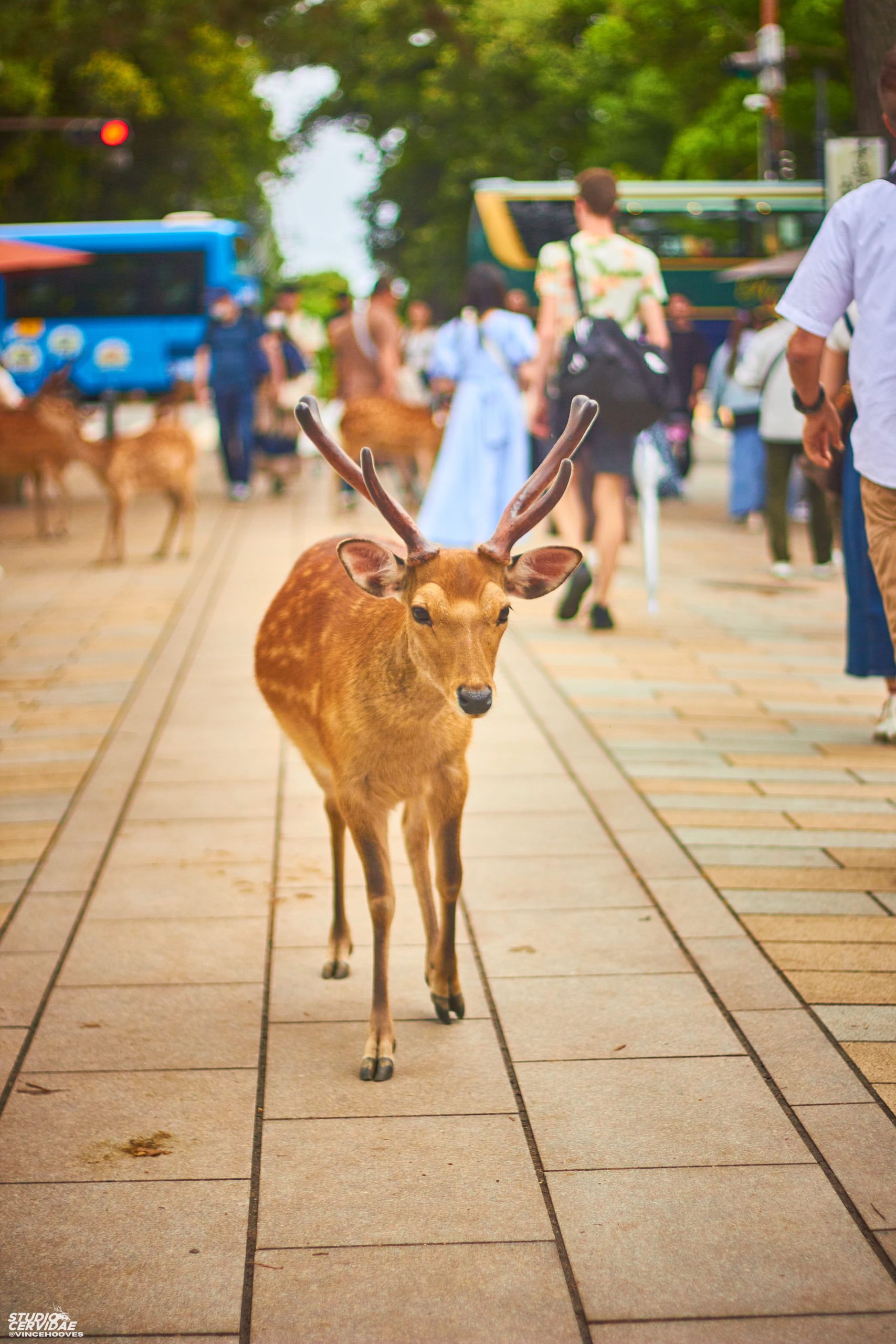
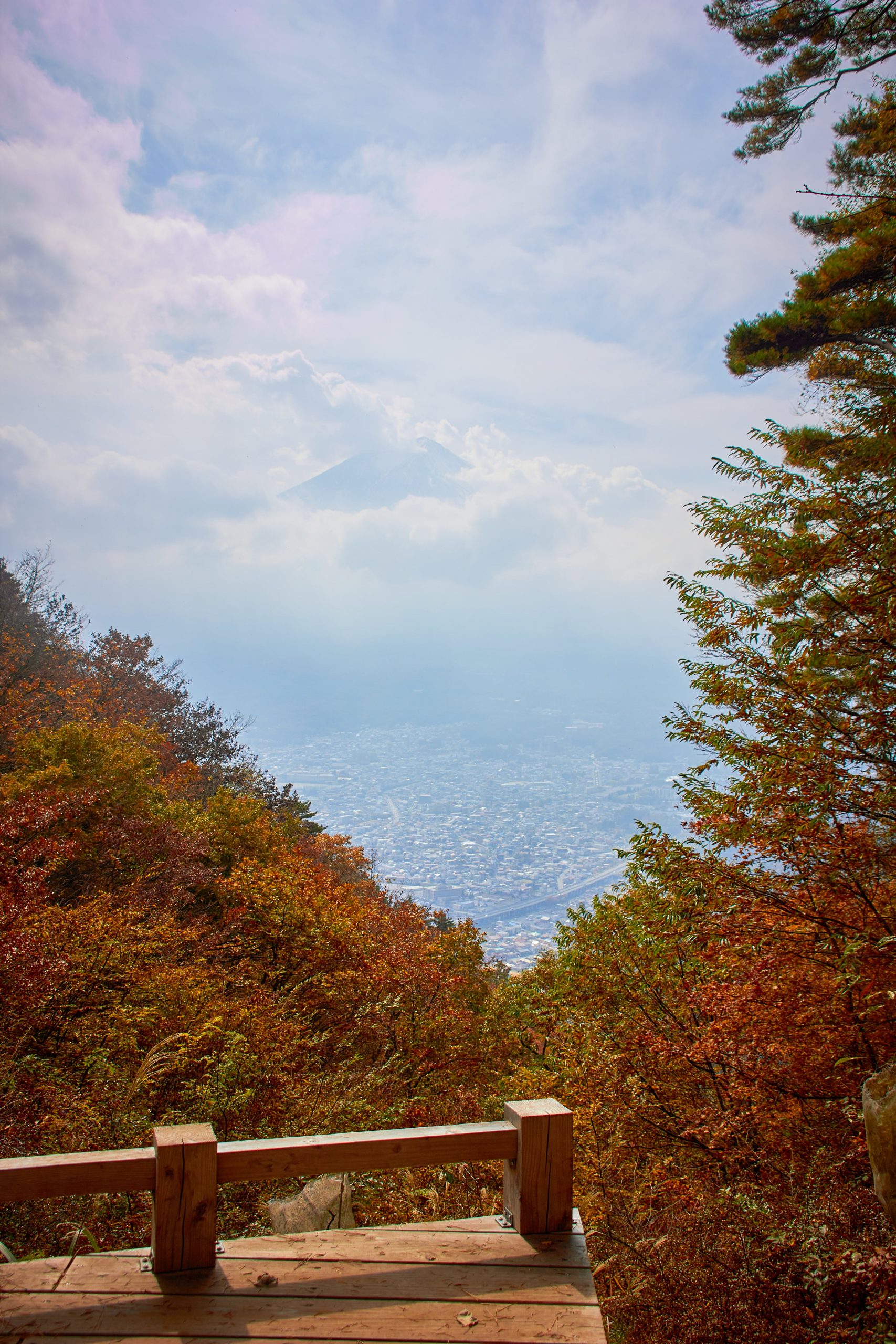
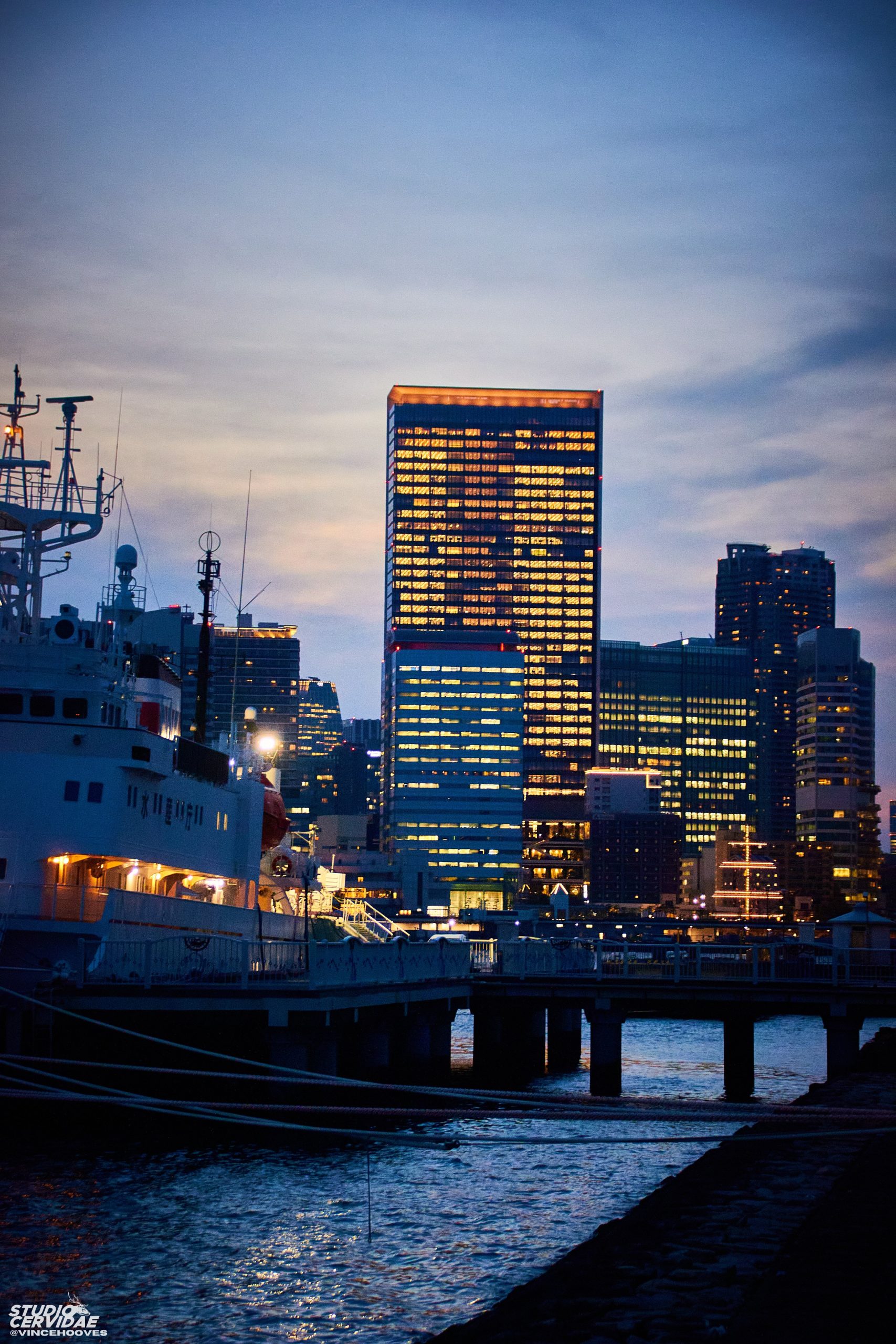
All in all, I feel an effective way to summarise this time here would be as such- I have found myself a third home. Already I have the UK, having lived there my whole life, but in addition to that I have Poland as my second home, with all of my family coming from there, and travelling there multiple times annually. However, I feel I can leave Japan with the feeling that it has become another true home to me. I have assimilated to a good extend in just this year which has blitzed by, I’ve made important connections here and life here has become… normal, almost. A year can almost feel like not enough for this first visit, but it just spurs me on even more to return at some point in the future. I’m not necessarily needing to come right back to live here as soon as I can, but the period has given me a deep, deep love for Japan, and a great idea of the possibilities of living abroad from the UK, wherever that may be.
I’ll always be grateful for Japan, and will always encourage other students to aim for a year here for their Study Abroad period- it is potentially the single most unique that is possible from the options we have in the UK.
